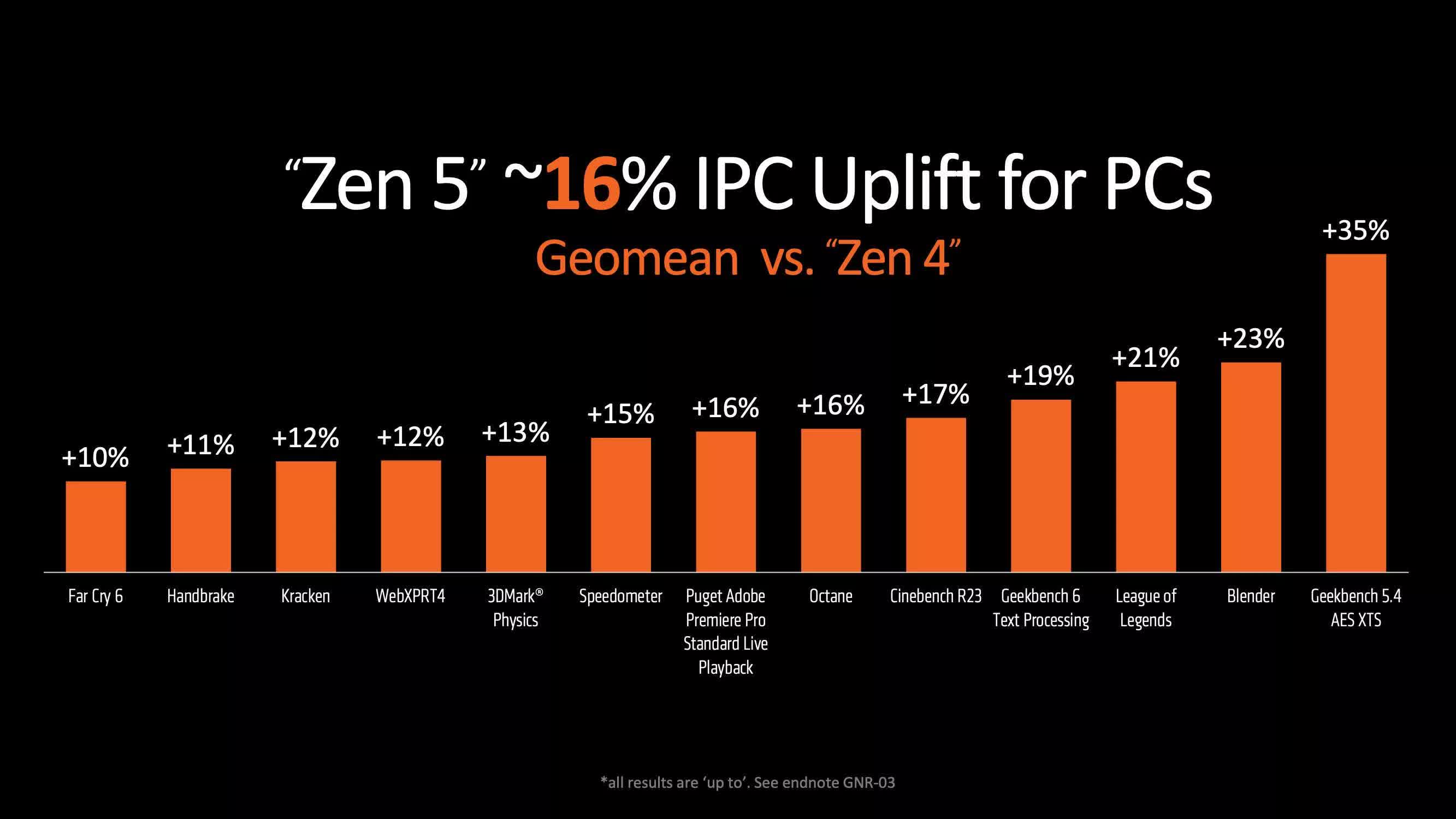In a nutshell: When AMD announced its new Ryzen 9000 series CPUs in June, the company promised a "sweeping update" that'd be more significant than previous, iterative architectural updates. A subsequent teaser only helped to further whet the appetite but still left some unanswered questions. Now, we have a few more pieces of the puzzle to work with.

AMD confirmed to Hardwareluxx that each Zen 5 core complex die (CCD) measures 70.6 mm², compared to 71 mm² for eight Zen 4 cores. We also know that Zen 5 is built using a 4nm FinFET process courtesy of TSMC, while Zen 4 used a 5nm FinFET process.
AMD has not publicly talked transistor count but the publication notes that unofficially, most believe the figure to be 8.315 billion. Given the chip's size, this would equate to a transistor density of 117.78 MTr/mm².
Team red claims Zen 5 will deliver, on average, a 16 percent IPC (instructions per cycle) improvement over Zen 4. Depending on the application, the uplift could be higher or lower. AMD's first-party numbers, for example, illustrate a 10 percent improvement in Far Cry 6 all the way up to a 35 percent boost in Geekbench 5.4.
Of course, cherry-picked first-party results should be taken with a grain of salt. As a potential buyer, it would probably be best to wait until independent reviews hit the web in the coming week or so that paint a more accurate picture of what the new chips can deliver.
AMD's initial launch on July 31 will include the Ryzen 9 9950X, the Ryzen 9 9900X, the Ryzen 7 9700X, and the Ryzen 5 9600X. Core counts will range from six on the Ryzen 5 9600X up to 16 on the Ryzen 9 9950X – the same as with Ryzen 7000 series chips.
Oddly enough, we still don't having official pricing. This could be a sign that AMD is still working on tweaking MSRPs but we'll have to wait a bit longer to know for sure.
